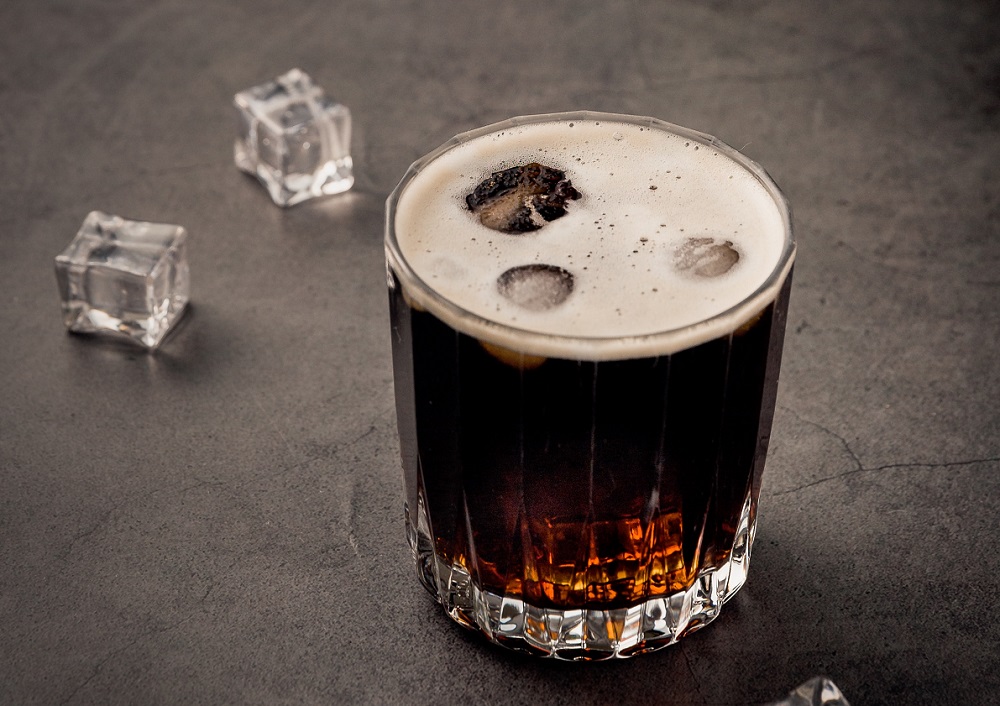As alcohol-related deaths spike in Iran, former Ahmadinejad adviser calls for legalisation
Despite the total ban imposed by the Islamic Republic after the 1979 revolution, local bootleggers have flourished, but this has left consumers vulnerable to adulterated products. With scores of people poisoned in recent weeks, reformers want Iran to adopt the approach of the United Arab Emirates, but hardliners say no.
Tehran (AsiaNews/Agencies) – Iranian authorities are under pressure from public opinion for the surge in poisoning cases due to the consumption of bootleg alcohol. Last month, several incidents occurred in various parts of the country.
According to official sources, 191 cases of poisoning with 17 deaths were reported between 13 and 23 June in the province of Alborz alone. The latter is located near Tehran.
On 26 June three people died in the northern province of Māzandarān, a police official said, while some 34 cases were reported in the southern province of Hormozgan, 29 in Qazvin.
Police have responded with a series of arrests, but deny that these are cases of "serial poisoning", like with the wave of poisoning cases among female students a few months ago. For Iran’s police chief Ahmad Reza Radan, consumers are to blame.
The problem has restarted the debate over the total ban on alcohol imposed after the Islamic revolution of 1979, Anwaj, an independent news website, reports.
Despite the ban, a market for locally produced bootleg alcohol developed over the years, but without proper safety checks, with an astonishing turnover estimated at US$ 2.24 billion last year, this according to hardline newspaper Farhikhtegan.
For Abbas Masjedi Arani, director of Iran’s Forensic Medicine Organisation, alcohol poisoning claimed the lives of 644 people last Iranian year, which ended on 20 March. Arani added that this figure represents a 30 per cent increase over the previous year.
Against this background, Abdolreza Davari, former adviser to ex-president Mahmoud Ahmadinejad, caused a stir in a tweet in which he asked the government to legalise and oversee the sale of alcohol in the country.
Citing as an example the United Arab Emirates, Davari argues that this would help eliminate the black market for alcohol and provide the government with a source of income.
The idea was immediately shot down by hardline media close to incumbent President Ebrahim Raisi.
28/09/2022 17:09
17/05/2019 13:14







.png)










